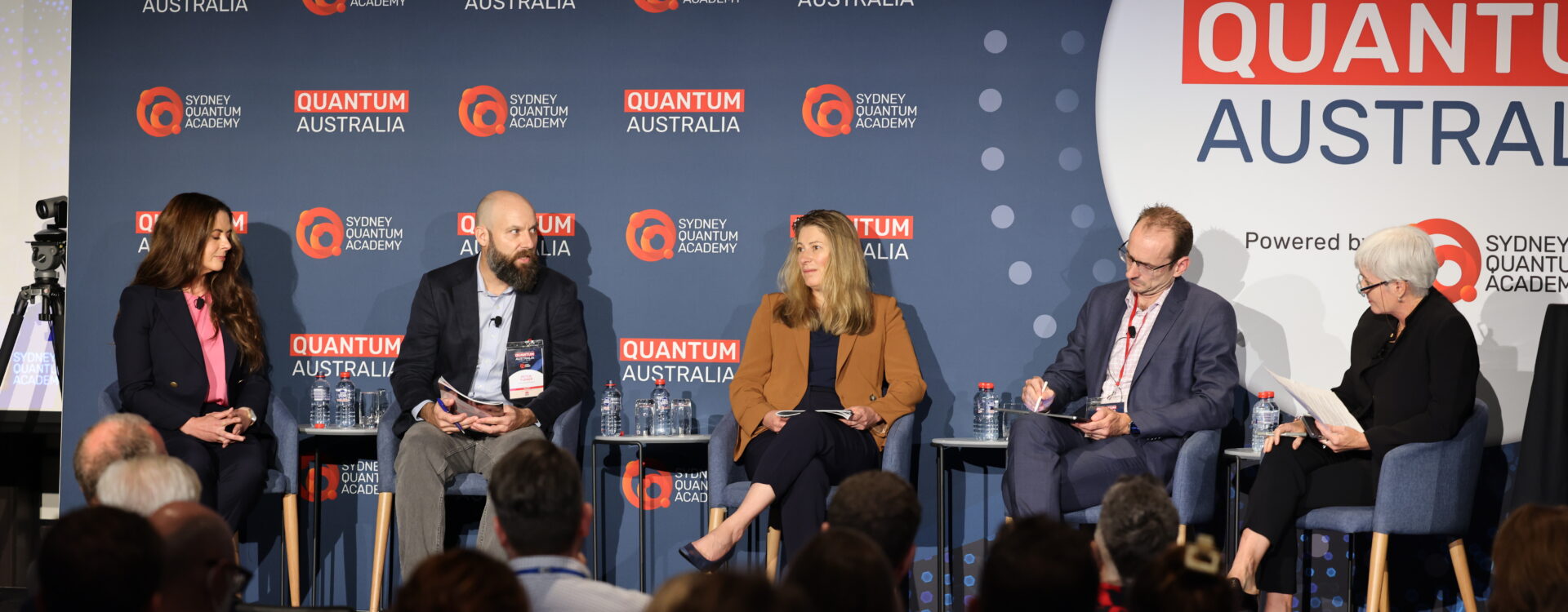Quantum is Australia’s seat at the world’s ‘big kids table’
InnovationAus: Australia can play a major role across emerging global quantum supply chains. “Stop having small ambitions,” Professor Biercuk told the Quantum Australia event in Sydney, attended by around 700 delegates from academia, startups and government.

Read more of the post Quantum is Australia’s seat at the world’s ‘big kids table’l



